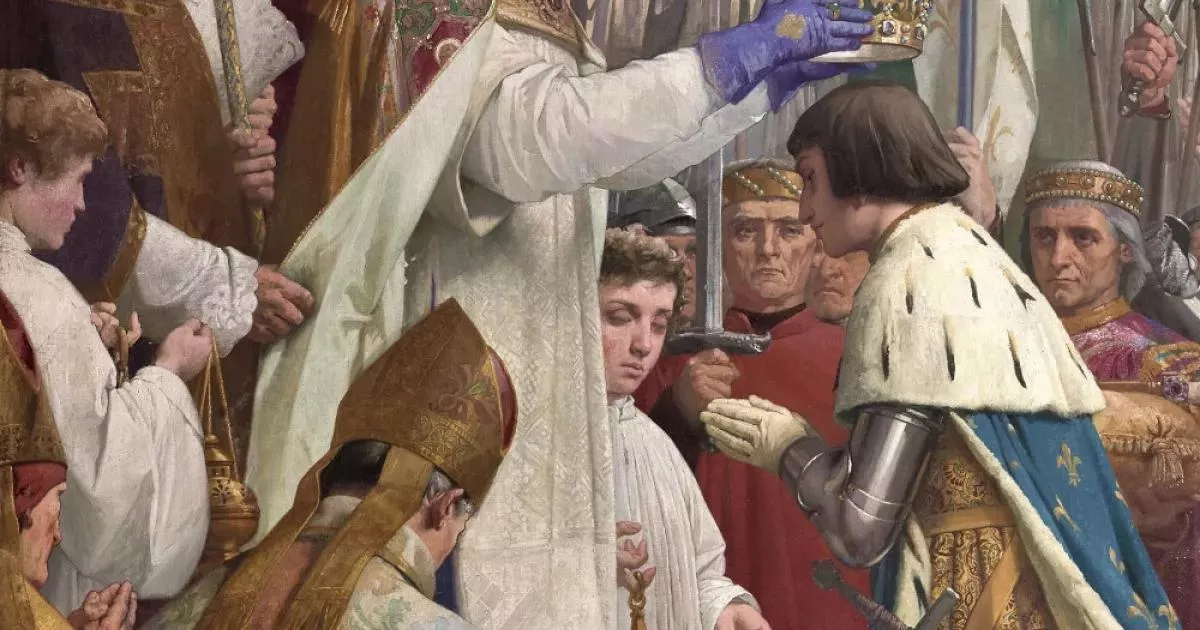A coronation is the ceremony of crowning a new monarch. It symbolizes the formal investiture of power and may include presenting regalia, taking vows, and receiving homage. In some Christian traditions, it's a religious rite involving anointing with holy oil, drawing from biblical examples. The monarch's spouse might also be crowned.
1963: Last Papal Coronation
The last papal coronation took place in 1963. Since then, popes have opted for simpler inauguration ceremonies.
1978: Papal Inauguration of Pope John Paul I
In 1978, Pope John Paul I chose a papal inauguration instead of a coronation, marking a shift away from traditional coronation ceremonies.
1989: Authorization of Canonical Coronation Decree
Since 1989, the Congregation for Divine Worship and the Discipline of the Sacraments has been authorized to decree canonical coronations.
1990: Publication of "Coronations: Medieval and Early Modern Monarchic Ritual"
The book "Coronations: Medieval and Early Modern Monarchic Ritual," edited by Janos M. Bak, was published in 1990 by University of California Press.
2010: Publication of "Die Kroenung Josephs II. in Frankfurt am Main"
Bernhard A. Macek authored the book "Die Kroenung Josephs II. in Frankfurt am Main. Logistisches Meisterwerk, zeremonielle Glanzleistung und Kulturgueter fuer die Ewigkeit," published by Peter Lang in 2010.
2010: Publication of "Power of rituals and rituals of power"
Dušan Zupka published a chapter titled "Power of rituals and rituals of power: Religious and secular rituals in the political culture of medieval Kingdom of Hungary" in the book "Historiography in Motion" in 2010.
2014: Canonical Coronation of Our Lady of Immaculate Conception of Juquila
In 2014, Pope Francis conducted a canonical coronation of Our Lady of Immaculate Conception of Juquila.
2015: Canonical Coronation Tradition Continues
As of 2015, the tradition of canonical coronation, a pious institutional act by the Pope, continues.
May 2023: Coronation of Charles III
The coronation of Charles III occurred in May 2023, a few months after he became king following the death of his mother, Queen Elizabeth II.
2023: Coronation of King Charles III and Queen Camilla
In 2023, the most recent coronation worldwide took place in London for King Charles III and Queen Camilla.
2023: Most Recent British Coronation
The most recent coronation in Great Britain happened in 2023, continuing a tradition with roots in medieval Christendom.
Mentioned in this timeline
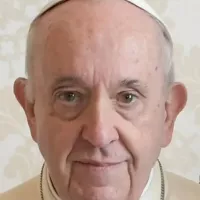
Pope Francis served as the head of the Catholic Church...

Elizabeth II reigned as Queen of the United Kingdom and...
California is a U S state on the Pacific Coast...

Books are a means of storing information as text or...
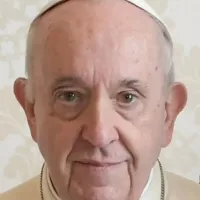
The Pope is the Bishop of Rome and the head...
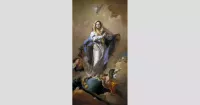
The Immaculate Conception is a Catholic dogma stating that the...
Trending
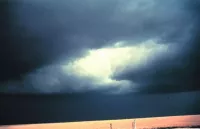
54 minutes ago Severe Thunderstorm Warning Issued for Central California; Funnel Clouds Possible, Gusty Showers Expected

54 minutes ago Iva Jovic Observed Jessica Pegula; Jovic Wins in Dubai First Round.

55 minutes ago Randy Fine faces censure and calls for resignation after anti-Muslim post.
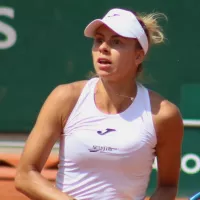
55 minutes ago Magda Linette Dominates in Dubai, Defeats Tauson and Extends Winning Streak Against Russian Opponents

55 minutes ago Amanda Anisimova Dominates in Dubai, Reaches Quarterfinals After Court Return

2 hours ago Clara Tauson advances in Dubai, defeating Stearns and facing Linette next.
Popular

Jesse Jackson is an American civil rights activist politician and...
Randall Adam Fine is an American politician a Republican who...

Pam Bondi is an American attorney lobbyist and politician currently...

Barack Obama the th U S President - was the...

Kid Rock born Robert James Ritchie is an American musician...

XXXTentacion born Jahseh Dwayne Ricardo Onfroy was a controversial yet...
